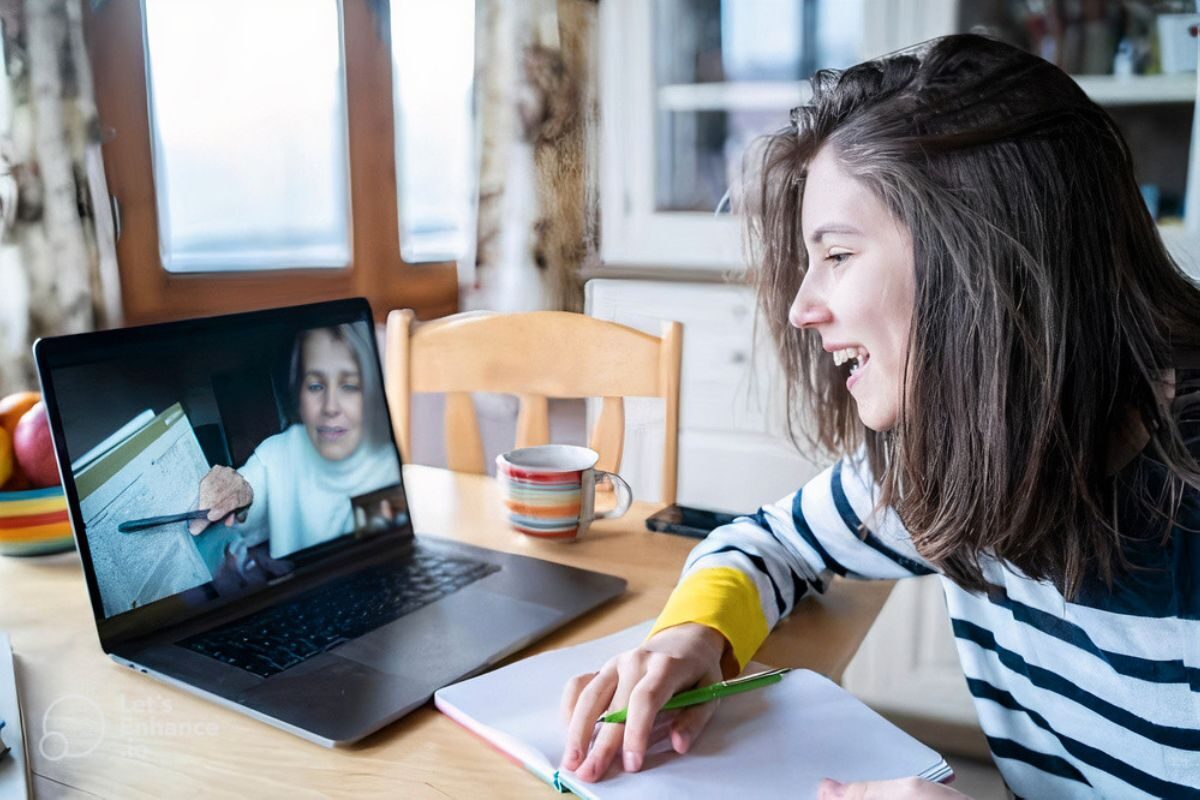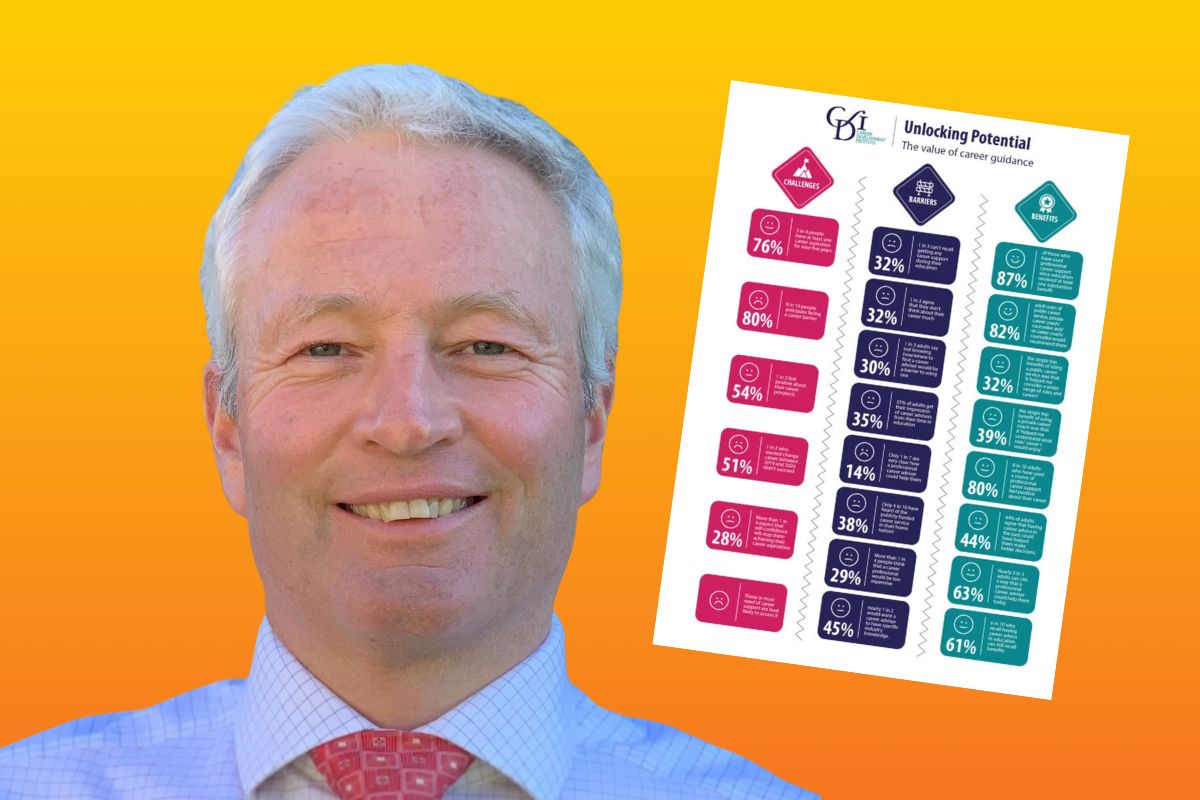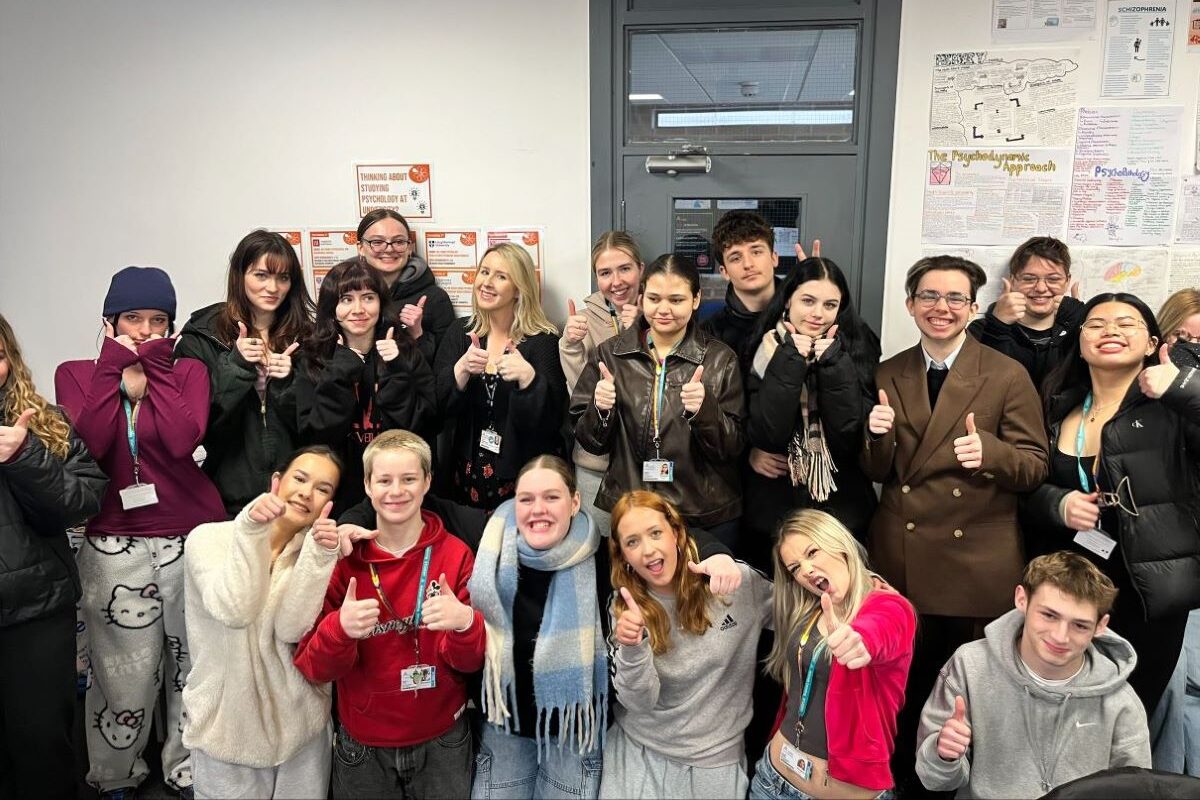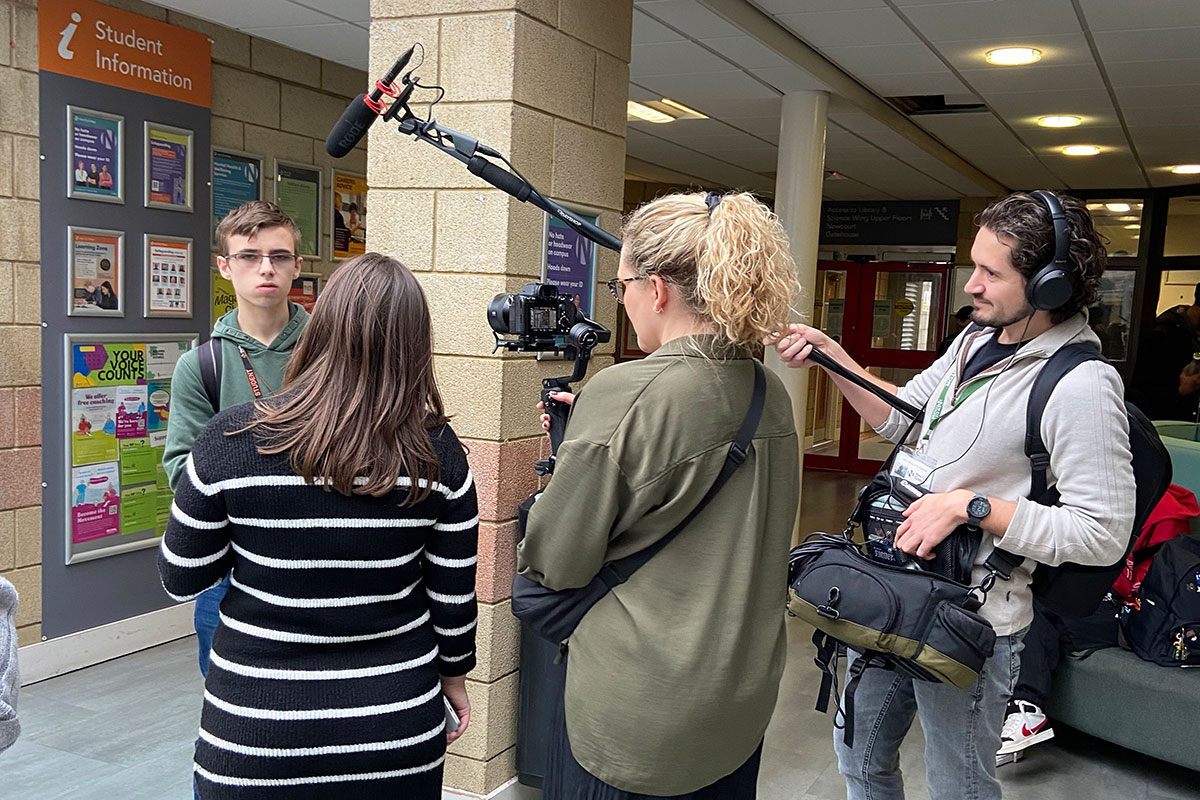“Mental health cannot be treated like a broken limb” – government criticised over new remote schooling guidance

The government’s new advice on remote learning is short-sighted and fails to understand the benefits online education can provide, the founder of an award-winning school said today.
The Department for Education has issued new guidance on remote learning which says it “should not be viewed as an equal alternative to attendance in school” and should only be considered as a “last resort”.
But, says Hugh Viney, founder of award-winning online school Minerva’s Virtual Academy, the DfE has ignored the benefits virtual education can provide for thousands of children who are being failed by ‘mainstream’ schools.
Minerva has called on the government and local education authorities to work with established online schools to help thousands of children currently missing full time education.
“It’s estimated that over a million young people are refusing to go to school within the UK, for reasons ranging from anxiety and mental health problems, through to complex additional needs,” said Mr Viney.
“Mainstream schools simply aren’t suitable for every pupil. Many young people thrive in a traditional school environment but, for a significant proportion, it simply cannot meet their needs.
“There are many reasons why pupils may not feel comfortable going into school, not least because of issues around anxiety. Homeschooling during the pandemic highlighted that issue.
“The government needs to understand that online education is more than just a stop gap for pupils who can’t attend because they are ill or because they are dealing with mental health issues. While it can be used to help rebuild confidence and help young people return to a traditional school, it can be a viable alternative.”
The DfE guidance states that, for pupils with mental health issues, remote learning should “be part of a plan to reintegrate back to school”. It goes on to say: “Provision of remote education should be made as a short-term solution allowing absent pupils to keep on track with their education and stay connected to their teachers and peers.”
Mr Viney said:
“This guidance is, at best, short-sighted and, at worst, potentially very damaging. Mental health cannot be treated like a broken limb – it often impacts on people for years or for the rest of their lives. For those with a real anxiety about being in school, using online education as a way to force them back into the classroom is just not on.
“For over a year, our team has been tirelessly trying to engage with local councils to offer our tried and tested educational alternative to support young people who aren’t able to attend mainstream school. We have a proven formula for helping children to regain their confidence and achieve successful outcomes in their education.
“The government needs to think again and look at the real value online education can offer.”











Responses